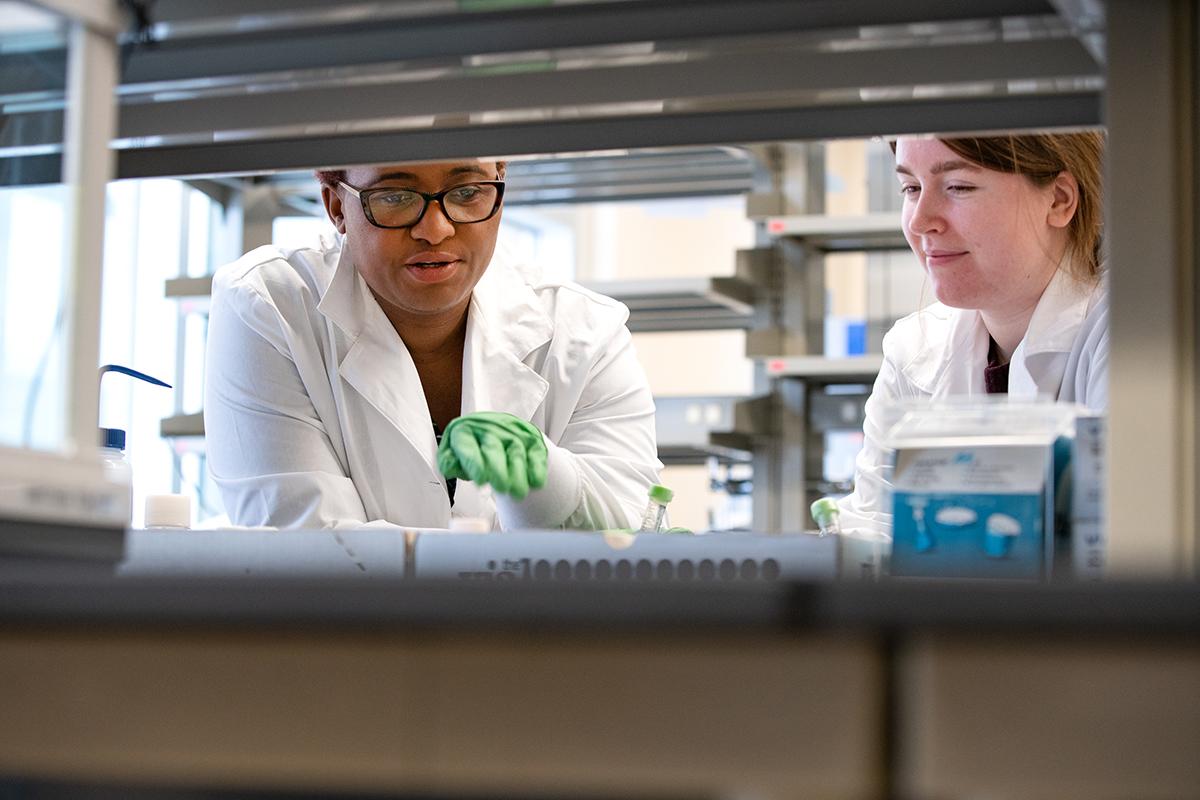Current students: Declare this program
Once you’re admitted as an undergraduate student and have met any further admission requirements your chosen program may have, you may declare a major or declare an optional minor.
Future students: Apply now
Apply to Metro State: Start the journey toward your Biochemistry BS now. Learn about the steps to enroll or, if you have questions about what Metro State can offer you, request information, visit campus or chat with an admissions counselor.
Get started on your Biochemistry BS
Program eligibility requirements
Students expressing interest in the Biochemistry Bachelor of Science (BS) major when they apply for admission to the university will be assigned an academic advisor in the Natural Sciences Department and will be given premajor status.
To be eligible for acceptance to the Biochemistry BS major, students must submit a College of Sciences Undergraduate Program Declaration Form when the following is completed:
- Prerequisite and Premajor Foundation Courses of BIOL 111 General Biology I, CHEM 111 General Chemistry I, CHEM 112 General Chemistry II
All prerequisite and required courses must be completed with grades of C- or above. Transfer coursework equivalency is determined by the Natural Sciences Department.

